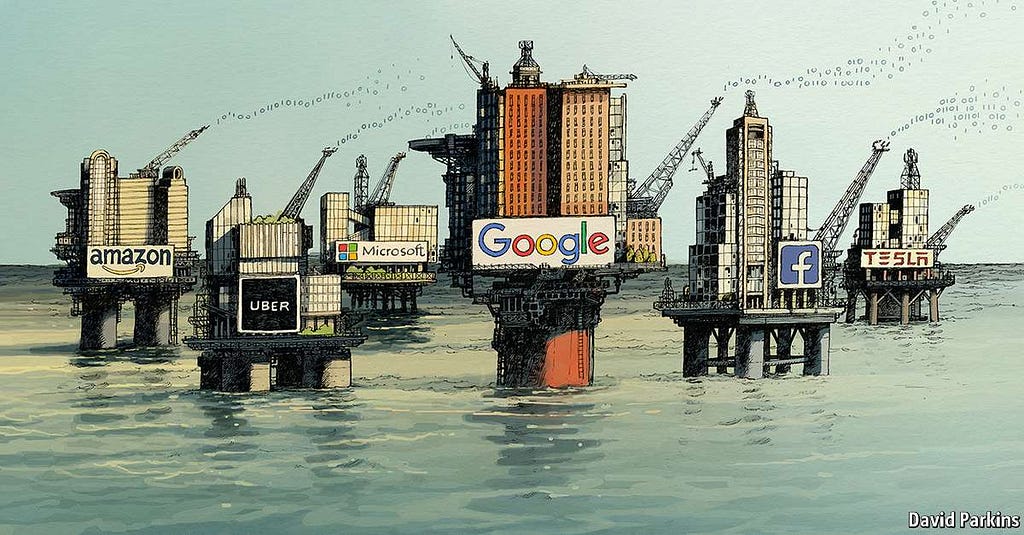Co-written by Vincenzo Lomonaco and Marta Ziosi
 “The world’s most valuable resource is no longer oil, but data.” — Copyright © David Parkins, The Economist [1]
“The world’s most valuable resource is no longer oil, but data.” — Copyright © David Parkins, The Economist [1]
The last decade has witnessed tremendous advancements in the context of
Artificial Intelligence (AI) to the point that many are framing it not only as a groundbreaking technology but even as “
the new electricity” echoing the unique impact its analogue counterpart had and still has on our society.
Despite the great hype and inflated hopes for the imminent future, it is undeniable that recent advances in AI under the name of “
Deep Learning” or the more recent rebranding “
Differentiable Programming” have radically pushed the boundaries of what’s possible, enabling a rich set of applications which were even unthinkable before.
AI technologies are now employed in almost any digital product or service we daily use (movie recommendations, on-line shopping, smart home devices, surveillance systems, etc…) but also for ground-braking, innovative frontiers like self-driving cars, personalized health-care and many others.
In a context in which many have already expressed concerns about the power and pervasiveness of such technologies [
1][
2], major IT companies are publicly declaring their will to
democratize AI, making it “f
or every person and every organization” [
3][
4][
5], but also open to developers and researchers around the world through the transparent works of their top-notch AI research labs [
6][
7][
8].
In this (not-so-brief) post we give a better look at this
AI democratization process, hoping to spark a new interest in the subject and start talking more about something we think is going to strongly affect our present and future society.
Continue reading "On the Myth of AI Democratization"

